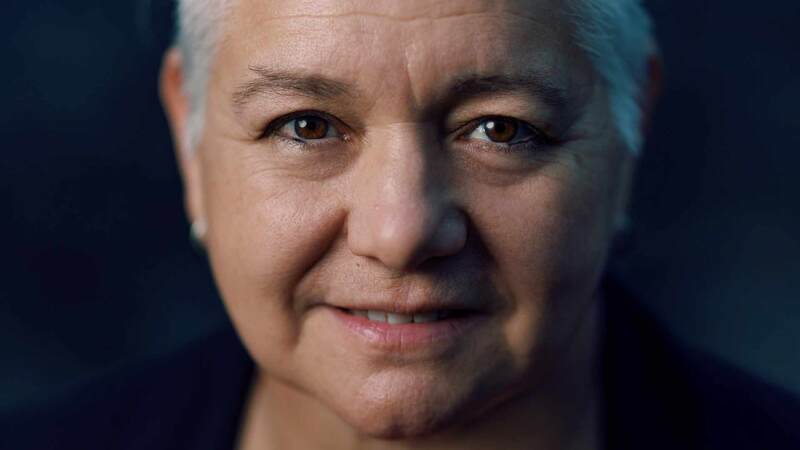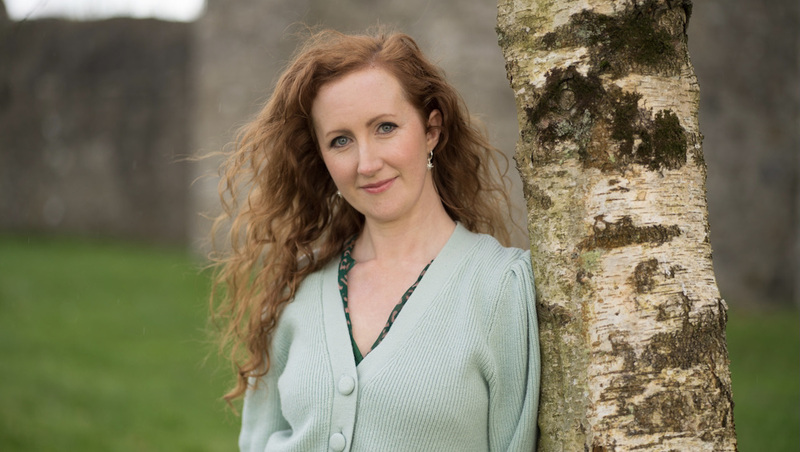You are viewing your 1 free article this month. Login to read more articles.
Beyond the middle
The year started with a number of articles about the surprising resurgence of the bookshop. Despite this being at least the third year in a row such articles have appeared, the resurgence is a surprise to most people. Whenever I say I own a bookshop the general response is one of curiosity, a touch of incredulity and more than a little concern, “Ooh, you’re brave!”, “Do people still buy books?”, “I just absorb content via Meta’s cornea implants”.
By 2018, our hometown of Bristol didn’t have a single independent bookshop selling new titles (there were a number of great second-hand bookshops, plus a Stanford’s, Waterstones and Foyles). Then two of us opened within a month of each other—Max Minerva’s and Storysmiths. Three more followed in 2021—Gloucester Road Books, Bookhaus, and Hidden Corner—and there are rumours of more to come.
Why does our run of shops succeed where others fail though? Part of it is down to the delicate eco-system of a local high street. Too many of any one type of store and you cannibalise each other. Too few stores and there’s little reason to visit. Too many expensive stores and you exclude large swathes of the population
What’s behind this resurgence? Bristol hasn’t suddenly looked up from a collective gaze at the sculpted abs of Love Island and thought “I wonder who won the Booker?”. Neither has it suddenly realised that independent businesses benefit their neighbourhoods: this is the city whose more militant residents rioted at the capitalism imperialism of a new Tesco after all. I can’t pin down a defining reason for the influx of plywood shelving, spine art and sprayed edges across our gurt lush streets. But there is a common thread underpinning many of us.
We, Storysmiths and Gloucester Road Books all reside on thriving high streets in residential areas. None of us are competing with city centre rents and chain stores. Our street includes a butcher, a fishmonger, a cafe, two restaurants, a vacuum repair shop (yes, really), a picture framers, a sportswear shop and a couple of barbers. Our customers live within a 15-minute walk. They pop in while doing their daily exercise, weekly shop or lunchtime coffee run. They don’t have to plan parking and battle traffic to reach us.
Why does our run of shops succeed where others fail though? Part of it is down to the delicate eco-system of a local high street. Too many of any one type of store and you cannibalise each other. Too few stores and there’s little reason to visit. Too many expensive stores and you exclude large swathes of the population. Too many cheap stores and people expect to pay loss-leading supermarket prices. Somehow, through luck and judgement, our mixture of businesses seem to have got the balance right. And, as a result, we have a community of traders committed to the area, and willing each other to succeed. So far, so middle-class utopian.
And therein lies the biggest reason for our success and the biggest challenge in replicating it. High streets like this, high streets that can support bookshops, rarely exist out of wealthier areas. Which is awful, as books, as with all art, are for everyone. We regularly do events with one of the richest schools in Bristol and one of the poorest, and the enthusiasm of the pupils is the same across both schools. Only one of them has a bookshop pupils can walk to after the final bell though.
So here’s the challenge I’d like us booksellers to set ourselves. I want the articles next January to be about the rise of bookshops across all parts of the country, not just the parts with a Waitrose. It’s a big ask, I know. We’ve talked to some of the best and most experienced booksellers in the country about it and none of us have come up with a definitive plan for how it could work. The economics of it are hard: if you’re struggling to pay your ever-increasing rent, utility and food bills, spending £8.99 on a book is a luxury.
Maybe it’s about thinking outside of the recycled cardboard box? Maybe it’s about non-profit models? Maybe it’s about community bookshops? Maybe it’s about shared premises with other independent traders or even the big chains? Could bookshops create mini-stores inside Greggs, Stonegate Pubs or Boots? And once that’s solved, how does a career in bookselling become available to all, not just the middle classes?
We spend our days surrounded by big ideas and inspiring stories. We must be able to find the answers somewhere on our shelves.
Sam and his wife Jessica own Max Minerva’s bookshop in Westbury Park, Bristol. Jessica brings the brains and the beauty, Sam brings a loud mouth and a hoarder’s tendency towards collecting books and records. He’s met The Queen, Princess Diana, Prince Philip and Princess Anne but did not write “The Crown”.









